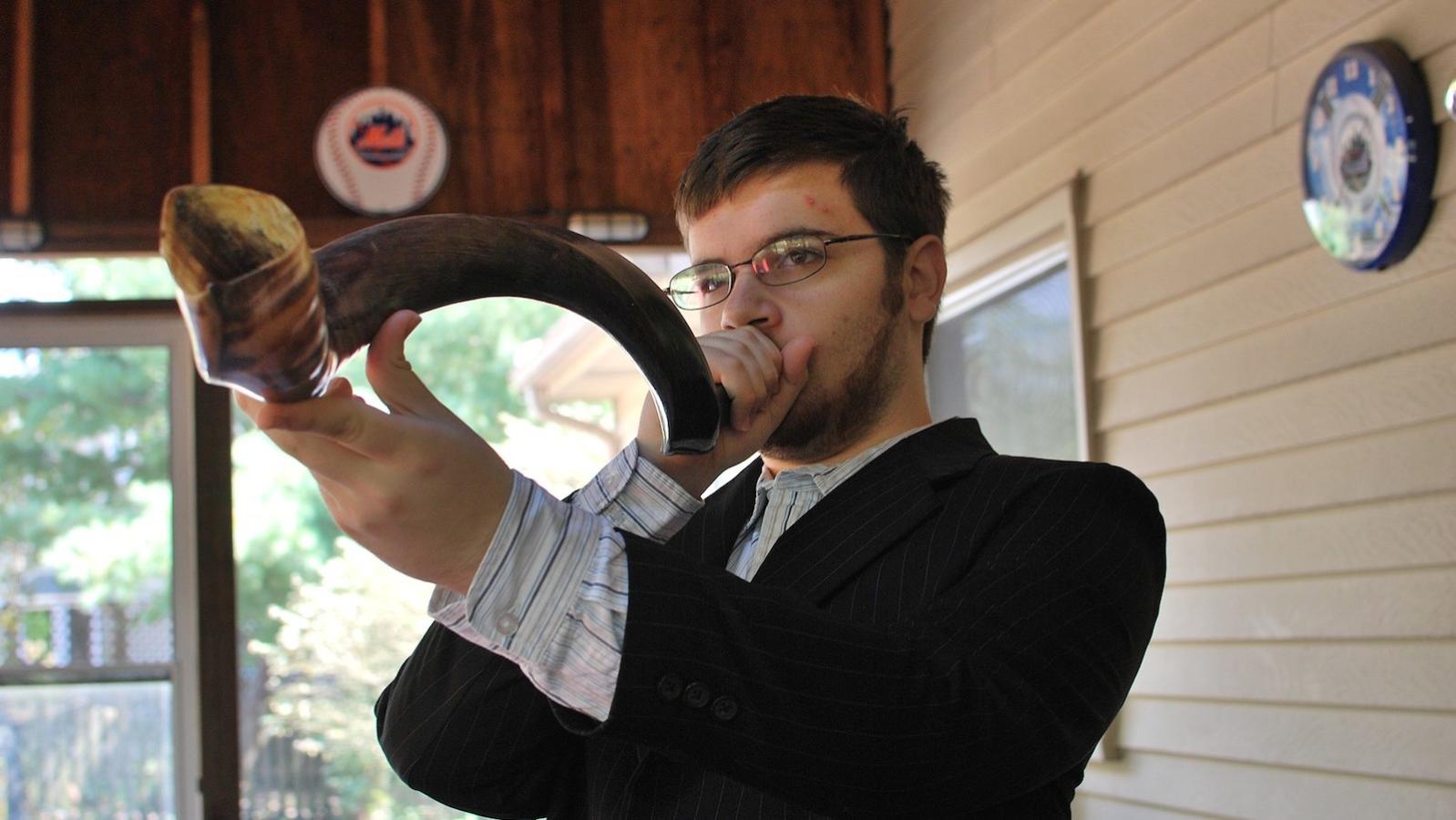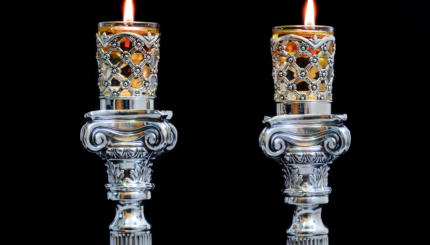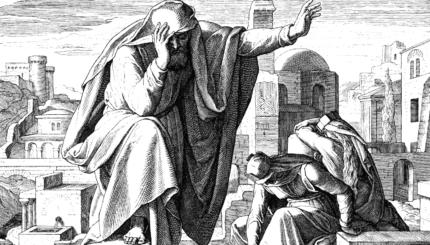God calls to us in the tekiah to awake and take a good, hard look at ourselves, to examine our deeds, look well into our souls, mend our ways, and improve ourselves this corning year. We are not eternally chained by what we have been. We can throw off the tyranny of enslaving habits. Our tomorrow can be freed from the shackles of yesterday. We can take control of our lives and direct ourselves on a better path. By choosing our way more carefully, we can strike out in more productive directions.
The shofar not only enjoins us to look within ourselves, it also summons us to see and hear the needs of others. The cries of the shofar disturb the peace, calling upon us to open our sleepy eyes and see the untold thousands around us who are victims of human injustice. In the pensive, sad wail of the shevarim we can hear the moans of the world, the pain and suffering that surround us. In the staccato screams of the teruah we can hear the summons to do battle. “Charge!” calls the shofar. “Go out and do battle with injustice. Go out and make this world a better place.”
The shofar blasts always end with a tekiah gedolah, the symbol of liberation and peace. It sends us a message of hope. Through the mysterious language of the shofar, God reassures us that someday we will be free of pain and suffering. Someday the tekiah gedolah will be sounded to announce the coming of the Messianic Age, when all our people will be free to live as Jews in peace and security. The tekiah gedolah is a prayer for a better future, a message of hope, a call for freedom.
Reprinted with permission from Moments of Transcendence: Inspirational Readings for Rosh Hashanah, edited by Rabbi Dov Peretz Elkins ©1992 Jason Aronson Inc.

Help us keep Jewish knowledge accessible to millions of people around the world.
Your donation to My Jewish Learning fuels endless journeys of Jewish discovery. With your help, My Jewish Learning can continue to provide nonstop opportunities for learning, connection and growth.
shofar
Pronounced: sho-FAR or SHO-far, Origin: Hebrew, a ram’s horn that is sounded during the month of Elul, on Rosh Hashanah, and on Yom Kippur. It is mentioned numerous times in the Bible, in reference to its ceremonial use in the Temple and to its function as a signal-horn of war.

Help us keep Jewish knowledge accessible to millions of people around the world.
Your donation to My Jewish Learning fuels endless journeys of Jewish discovery. With your help, My Jewish Learning can continue to provide nonstop opportunities for learning, connection and growth.



